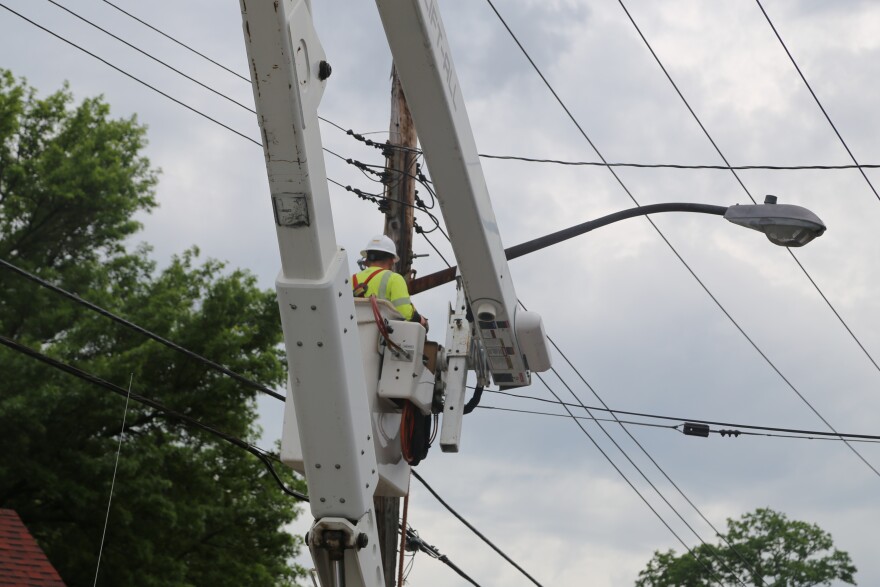Duquesne Light customers may see an increase in their electric bills beginning this month. The new rate, which went into effect Thursday, raises residential supply costs by more than 20%.
This comes as nearly all major electric companies in the state raised their default supply charge, affecting all customers who do not opt to buy their energy from an alternate supplier. In Pennsylvania, that is the majority of customers.
According to Pennsylvania’s Public Utility Commission, electricity supply charges make up 40-60% of a customer's total monthly utility bill. Rising energy rates are driven, in part, by uncertainty in the natural gas market because most electricity in Pennsylvania is generated by its combustion.
At the same time, the United States is sending liquified natural gas overseas to support Ukraine in its ongoing conflict with Russia. That, Pennsylvania Consumer Advocate Patrick Cicero says, drove up the price of natural gas nationwide and led to a spike in electricity supply rates.
“When the price of gas goes up, the price of electricity goes up because of the cost of fuel needed to generate electricity,” he explained.
Cicero says the latest electricity rates build upon an already steep increase last winter, making energy supply costs the highest they’ve been in a long time.
But there’s hope, he adds: The gas market is stabilizing, so rates may follow suit next spring.
Still, since the new rates will last through the end of May, Cicero encourages consumers struggling to pay their utility bills to apply for the state’s Low Income Home Energy Assistance Program online.
While applicants do not need to be behind on their utility payments to qualify for LIHEAP, they must meet the income limit for the program, which is 150 percent of the Federal Poverty Limit. For a family of four, that’s a gross income of $41,625 per year.
The LIHEAP application period for both cash and crisis grants is open from Nov. 1, 2022, to April 28, 2023. A winter moratorium on utility shut-offs also took effect on Thursday, which protects households through March 31.
The actual increase felt by consumers can vary based on energy usage and supplier. Households interested in switching energy suppliers can compare costs on the PUC’s website. However, Cicero urges residents to get as much information as possible before changing suppliers to protect themselves from scams or theft.
Residents can also keep energy costs down by enrolling in budget billing through their utility provider and weatherizing their homes.





